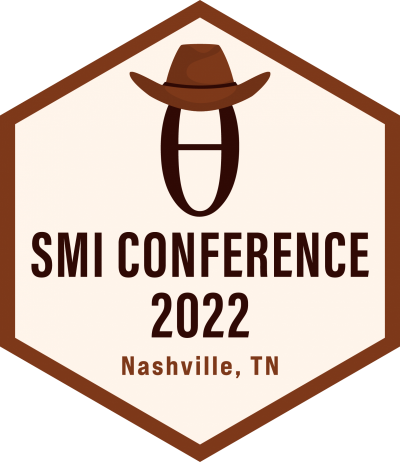Thursday, May 26, 2022 • 9:45–11:00 am (CT) • Light Hall, Room 202
Organizer: Hernando Ombao, King Abdullah University of Science and Technology (KAUST)
Chair: Tingting Zhang, University of Pittsburgh
Direct estimation of differential Granger causality with applications to EEG data
Ali Shojaie, University of Washington
Yue Wang, Arizona State University
Jing Ma, Fred Hutchinson Cancer Research Center
This talk focuses on differential Granger causality in order to understand how Granger causal relations differ between two related time series. Modeling each time series by a vector autoregressive (VAR) model, we propose a new method to directly learn the difference between the corresponding transition matrices in high dimensions. Key to the new method is an estimating equation constructed based on the Yule-Walker equation that links the difference in transition matrices to the difference in the corresponding precision matrices. In contrast to separately estimating each transition matrix and then calculating the difference, the proposed direct estimation method only requires sparsity of the difference of the two VAR models, and hence allows hub nodes in each high-dimensional time series. The direct estimator is shown to be consistent in estimation and support recovery under mild assumptions. We evaluate the finite sample performance of the proposed method using simulation studies and an application to electroencephalogram (EEG) data.
Random phase-amplitude Gaussian processes for single-trial analysis of ERP data
Dustin Pluta, Rice University
Marina Vannucci, Rice University
Francesco Versace, University of Texas MD Anderson Cancer Center
Meng Li, Rice University
Studies of human cognitive function via electroencephalogram (EEG) typically produce collections of neural signals from repeated presentations of a stimulus or task. The analysis of these data is often conducted by averaging the recordings from multiple trials together to extract the underlying signal. However, in many instances this may eliminate or obscure scientifically important trial-specific variations, such as signal latency and amplitude. Moreover, in the presence of trial-specific signal latencies, the resulting average waveform may be attenuated, resulting in reduced power to detect group differences. To address these challenges, we here propose the random phase-amplitude Gaussian process (RPAGP) as a framework for the estimation of trial-specific latency and amplitude and for the extraction of the underlying signal adjusting for these trial-specific variations. The fully Bayesian implementation of the RPAGP model developed here allows for rigorous inference on trial-specific features of interest in the analysis of EEG data recorded over repeated trials, and shows increased power to detect group differences compared to the analysis of group-averaged waveforms. RPAGP is a flexible framework that can incorporate a variety of error structures (e.g., autoregressive noise resulting from background brain activity), and covariates. We demonstrate the advantages of this method via simulations, and through an application to real data from a study of human event related potentials during a cognitive task.
Hypothesis testing in high-dimensional settings
Zhaoxia Yu, University of California, Irvine
Iris Ivy Gauran, KAUST
Hernando Ombao, KAUST
High-dimensionality is ubiquitous in various scientific fields such as imaging genetics, where a deluge of functional and structural data on brain-relevant genetic polymorphisms are investigated. Statistical inference in high-dimensional settings poses multiple challenges involving analytical and computational complexity. In this talk, we propose new methods to conduct hypothesis testing in high-dimensional settings. We present our findings on strategies to improve the statistical power. The application of our work to an imaging genetics study and biological research will be provided.
